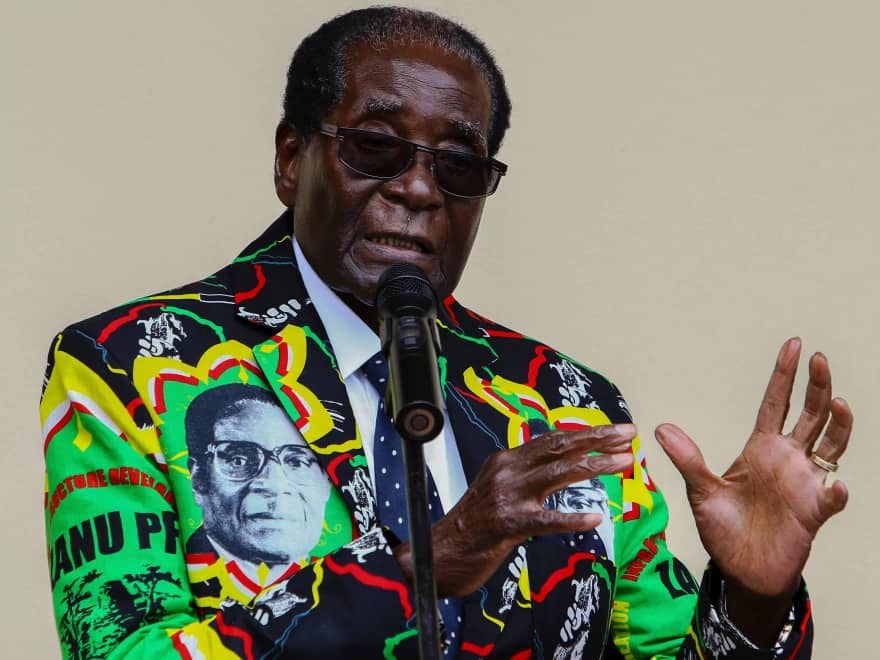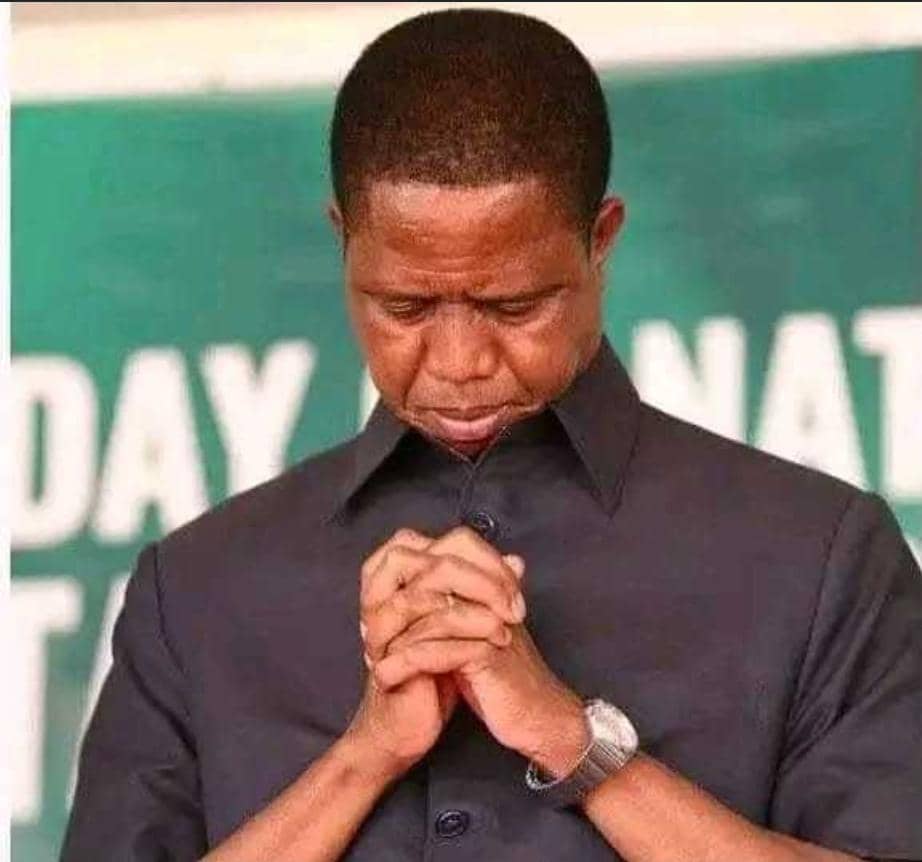By Burnett Munthali
In 2024, a Zimbabwean who had worked in South Africa and later Malawi, decided to return to his homeland with hopes of a better life. He was optimistic that Zimbabwe would offer him stability and progress. However, by early 2025, he sent me a sobering message: “I want to return to Malawi because things are out of hand here.” His disappointment reflects the grim reality of a nation where one political party, ZANU-PF, has ruled since independence in 1980.
For 45 years, ZANU-PF has clung to power using a combination of political violence, economic mismanagement, and institutional manipulation. This analysis explores the strategies the party has employed to maintain its grip on power and the devastating impact these tactics have had on Zimbabwe and its citizens.
Firstly, ZANU-PF has built its rule on a foundation of fear. From the early days of independence, the party used violence to suppress dissent and eliminate opposition. The Gukurahundi massacres of the 1980s, where an estimated 20,000 people were killed in Matabeleland, were a brutal display of the party’s willingness to use force to consolidate power.
During election periods, ZANU-PF deploys state security forces and militias to intimidate voters and opposition supporters. Reports of beatings, abductions, and even killings are common. This culture of violence has created an environment where challenging the ruling party is both dangerous and futile.
Secondly, Zimbabwe was once celebrated as the “breadbasket of Africa,” but decades of mismanagement under ZANU-PF have turned it into a symbol of economic collapse. The government’s chaotic land reform program in the 2000s displaced productive commercial farmers, leading to a sharp decline in agricultural output and food security.
Hyperinflation reached record levels in 2008, wiping out savings and reducing citizens to bartering for basic goods. Today, the economy remains in shambles, characterized by high unemployment, currency instability, and widespread poverty. The failure to implement sound economic policies has ensured that most Zimbabweans remain dependent on the government for survival, further entrenching ZANU-PF’s control.
Thirdly, ZANU-PF has systematically undermined opposition parties, particularly the Movement for Democratic Change (MDC). Opposition leaders have been harassed, jailed, or assassinated, while their supporters face intimidation and violence.
The party has also used propaganda to discredit the opposition, portraying them as agents of Western imperialism or as incapable of leading the country. By ensuring that no alternative political movement can thrive, ZANU-PF has maintained a monopoly on power.
Fourthly, elections in Zimbabwe have become symbolic rather than democratic. ZANU-PF has mastered the art of election rigging, employing tactics such as:
Voter intimidation: Threatening voters with violence if they support the opposition.
Ballot tampering: Manipulating vote counts to ensure favorable outcomes.
Disenfranchisement: Preventing opposition supporters from voting through technicalities or deliberate logistical failures.
The Zimbabwe Electoral Commission (ZEC), which is supposed to oversee free and fair elections, operates under the influence of ZANU-PF. International observers have repeatedly flagged these irregularities, but little has been done to hold the party accountable.
Sixthly, ZANU-PF has turned Zimbabwe’s police and judiciary into tools of repression. The police force is often used to crush protests, arrest opposition leaders, and silence dissenting voices. Meanwhile, the judiciary serves as an extension of the ruling party, rubber-stamping its decisions and denying justice to ordinary citizens.
For Zimbabweans seeking redress, the system is designed to frustrate and demoralize. This lack of accountability has entrenched a culture of impunity, allowing ZANU-PF to operate without fear of consequences.
Finally, for 45 years, Zimbabweans have struggled to break free from the cycle of oppression and poverty. Each attempt to challenge ZANU-PF’s rule—whether through opposition parties, civil society movements, or international pressure—has been met with ruthless suppression.
My friend’s story is one of many. Like millions of Zimbabweans, he fled his country in search of a better life, only to return with hope, and leave again in despair. This cycle of migration and disillusionment reflects the broader struggle of a nation trapped in stagnation.
Zimbabwe’s story is a cautionary tale for other African nations. It demonstrates the dangers of allowing one party to dominate for too long. The tactics used by ZANU-PF—political violence, economic mismanagement, election rigging, and institutional corruption—are not unique to Zimbabwe. They can easily take root in any country where citizens fail to hold their leaders accountable.
In conclusion, for 45 years, ZANU-PF has maintained its grip on power through a combination of fear, manipulation, and systemic abuse. The cost has been devastating: a destroyed economy, a silenced opposition, and a population struggling to find hope.
As Zimbabwe continues to spiral further into crisis, the lessons for other nations are clear. Power without accountability leads to tyranny, and the longer it is allowed to persist, the harder it becomes to undo its damage. The plight of Zimbabweans should serve as a wake-up call for Africa to prioritize democracy, transparency, and the welfare of its people over the interests of ruling elites.
The question now is: how much longer will Zimbabwe’s citizens endure this cycle of suffering before change becomes inevitable?




